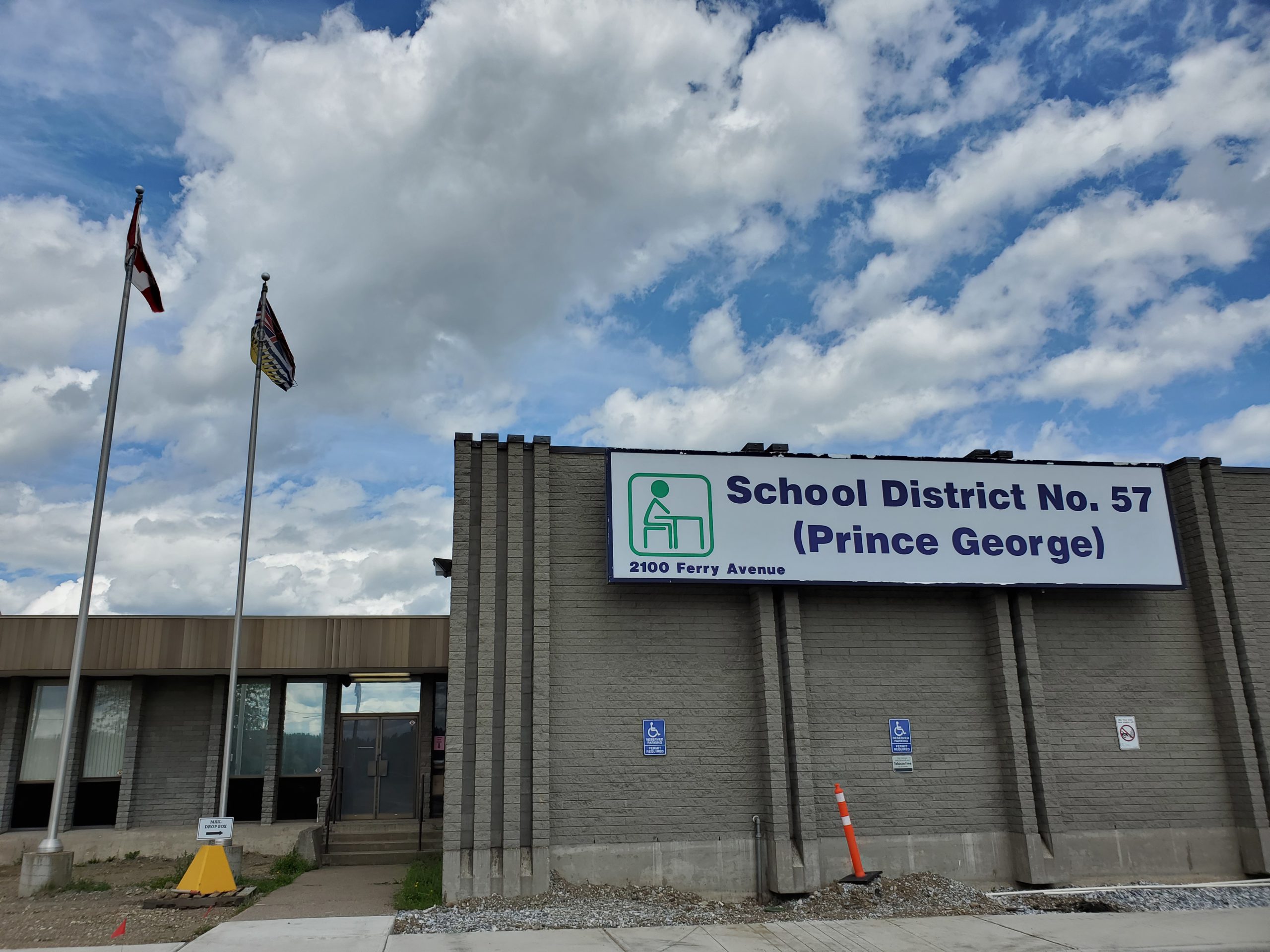The provincial government announced they will be restricting student cell phone use in schools yesterday (Friday).
The policy changes will take effect next school year.
The specifics of the limitations on phones are still unknown, and many of the policy decisions will be left up to each respective school district.
“It was a bit of a surprise,” Craig Brennan, the Chair of School District 57’s Board, told My PG Now. “We think it will be bell to bell, but we are not exactly sure what that is going to look like. At this time we are looking for information.”
“Once we have the details we need, we will feed this into our mechanism for making policy,” he said. “This will be effective in September, so we have a little bit of time to get this work done.”
“From the moment cell phones were invented and placed in the hands of students, they became distractions in our classrooms,” Daryl Beauregard, the President of the PG District Teacher’s Association, said, mentioning he knows there will be some teachers in the school district who will be made very happy by the news.
“I’ve heard grumbles about cell phones for 20 years.”
One of the first thoughts both Beauregard and Brennan had was the restriction will need some exemptions, especially around kids who need their phones for health reasons like diabetes.
“Staff and the greater community in general are very divided on this thing,” Brennan said. “You’ll hear people on both sides. I think through thoughtful conversation and consultation we will get to something that will work in our schools.”
“We don’t have classrooms that are fully stocked with computers,” Beauregard pointed out. “Teachers have grown pretty reliant on students having access to the internet on their phones to engage in learning activities, or organize their work in similar ways that we do as adults.”
“I am hoping when districts like mine get together, they are working with teachers and parents to determine what kind of activity do we not want to see in classrooms anymore, and how are we going to support teachers in enforcing that? It will be tricky to get that balance right,” he said.
“We have lots of rules in the student code of conduct today that we have a great deal of difficulty enforcing,” Beauregard continued, citing violence, vaping, and certain dress codes as examples.
“Teachers, myself included, we are concerned about the energy and work it is going to take to enforce the rule. Not to say it is not needed, we want to keep our kids safe… the nuance is where I get concerned.”
“The thing students are going to want to know is what exactly does this mean? And how will it impact them in their daily functioning at school?” Brennan said, anticipating the student response. “It is the lack of details and information that creates frustration… that is the work we have ahead of us.”
Beauregard also anticipates frustration from students.
“This is tough. Students are only in our schools for a third of the day… schools don’t buy their cell phones. A student who is going to face a rule that might seem unfair and unreasonable is going to feel those things,” he said.
“What I would like to see is we are very carefully looking at this as a chance to build a partnership between staff, students, administration, parents, the district and the board, we are all getting together and figuring out what the rules need to be, how they will be enforced, and the levels of appropriateness that students can buy into,” Beauregard said. “A rule that isn’t bought into won’t be followed, adults are no different.”
Both Beauregard and Brennan were in full support of the other measures in the announcement, surrounding services to remove images from the internet and pursue online predators as well as introduce legislation to hold social media giants such as Facebook and Instagram to account for the harms they have caused.
You can read more about all three announcements here.
Something going on in the Prince George area you think people should know about?
Send us a news tip by emailing [email protected].






